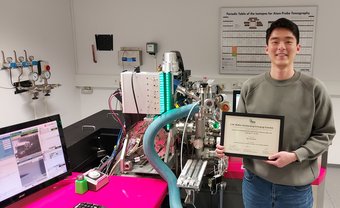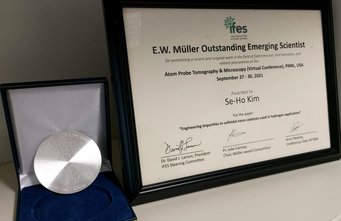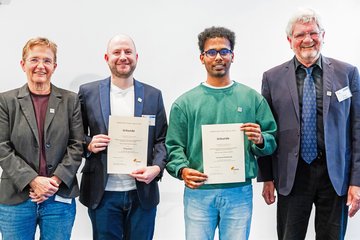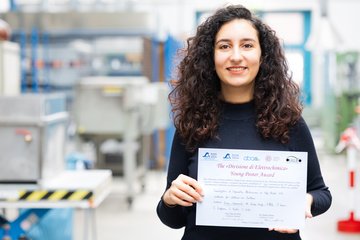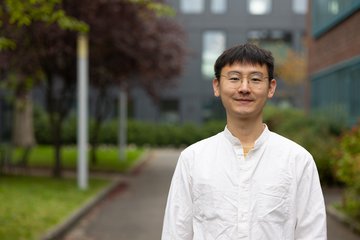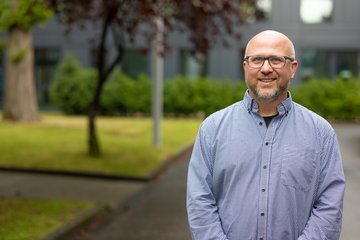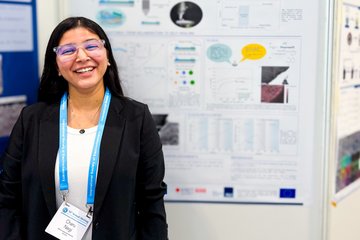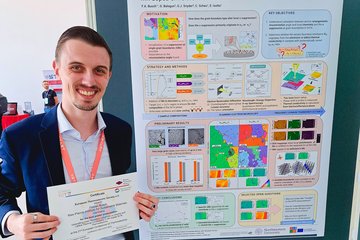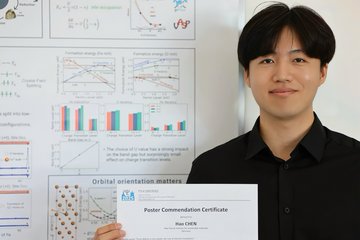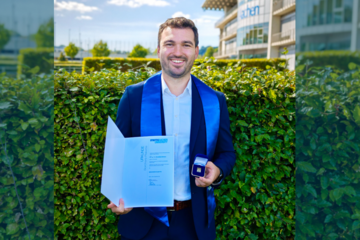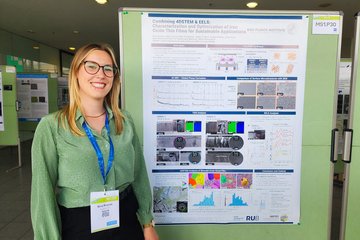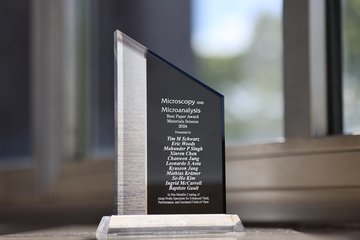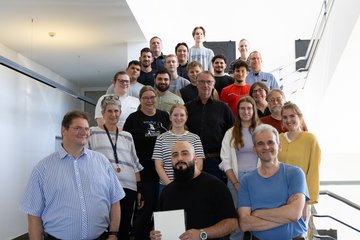Se-Ho Kim wins E.W. Müller Outstanding Emerging Scientist Award
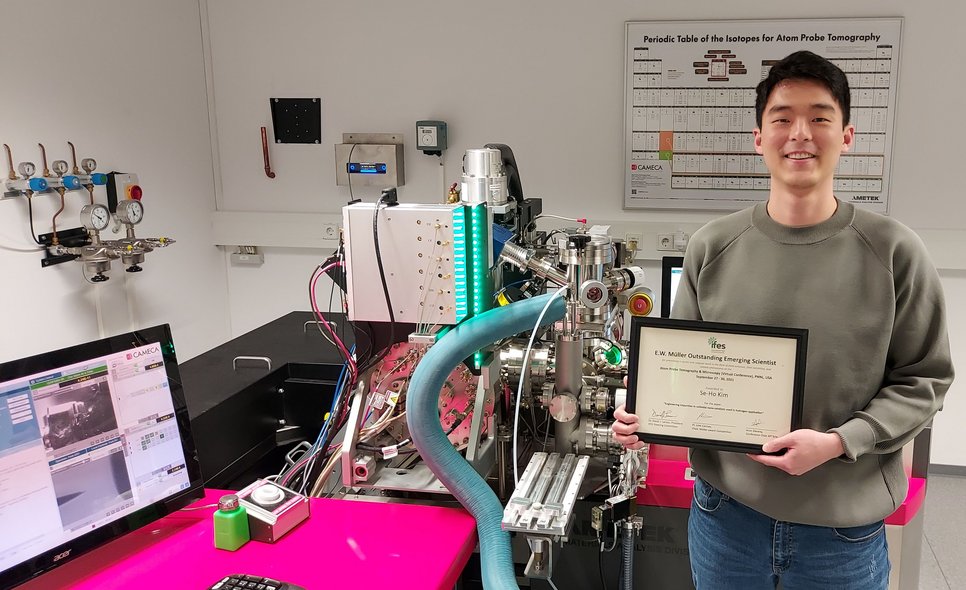
Dr. Se-Ho Kim, a postdoctoral researcher in the atom probe group at the Max-Planck-Institut für Eisenforschung (MPIE), has been awarded with the E.W. Müller Outstanding Emerging Scientist Award for his research. The award, named after the first man to see an atom, is the most prestigious award given to emerging scientists by the International Field Emission Society (IFES). It honors a recent and original work on field emission, field ionization or related phenomena. The award is highly competitive: participants present their research at the Atom Probe Tomography & Microscopy conference (APT&M) and have to answer in-depth and challenging questions by members of the society and the judging panel.
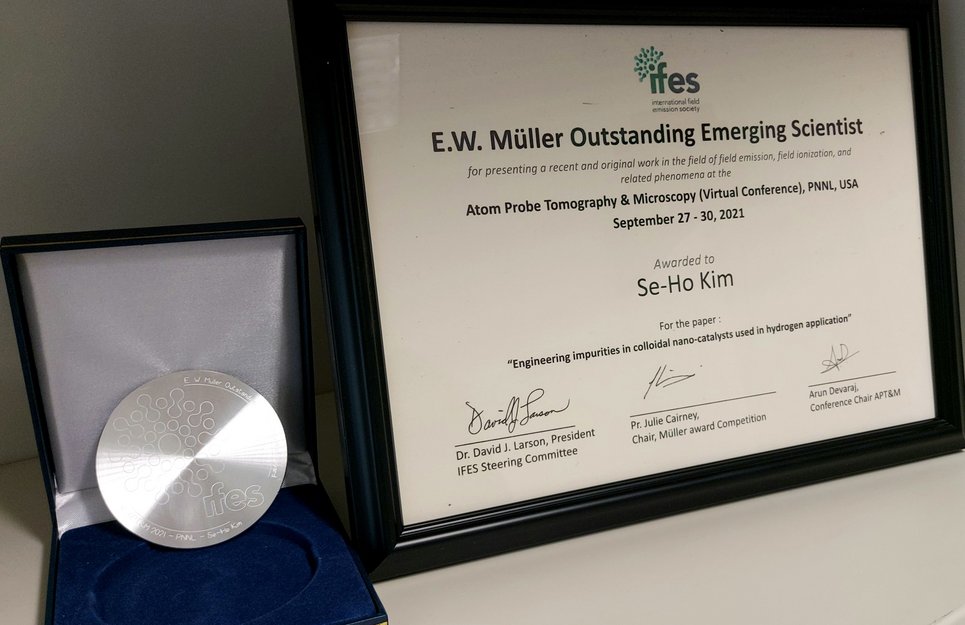
The paper presented by Kim proposes a new nano-material design strategy called impurity engineering to synthesize highly reactive electrochemical catalysts that are efficient and stable for a green hydrogen application. By utilizing advanced microscopy (atom probe tomography), he demonstrated that a common synthesis method for colloidal nanoparticles always results in undesired incorporation of impurities in the nanoparticle system. He turned this finding of inevitable impurity-ingress to the advantages: designing a new nano-catalyst. The levels of the impurity in the nanoparticle were controlled and the impurity-doped nanoparticle (i.e. boron-doped palladium nanoparticle) has shown a large improvement in hydrogen evolution/oxidation reaction. This approach can thus contribute to the design of effective nano-catalysts urgently needed for a sustainable hydrogen economy.
The IFES is an international scientific society, that aims to promote high-field nano-science and field microscopy. One of the Society's duties is to organize the APT&M every one or two years, which takes place since 1952.
